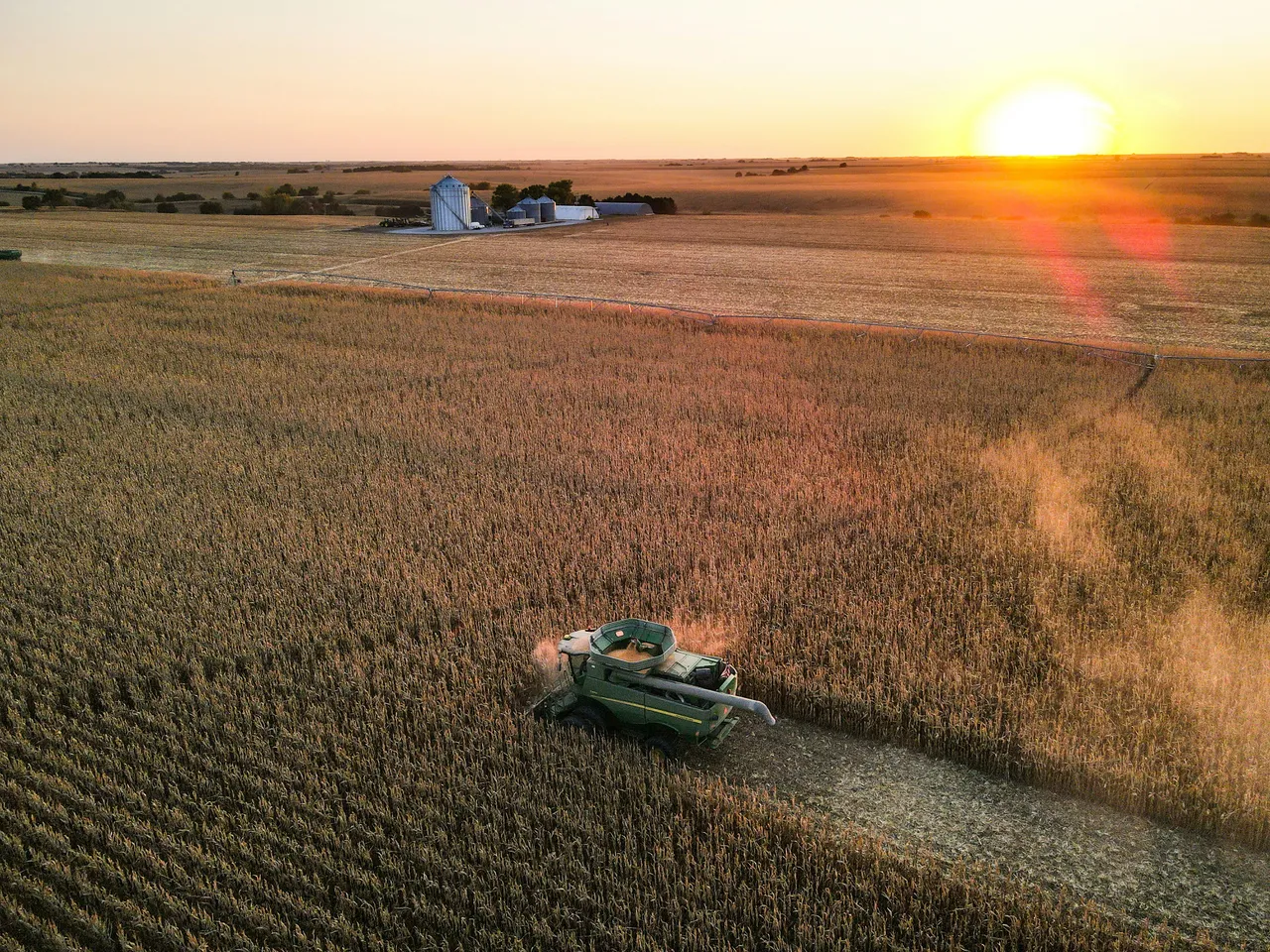The Essential Tools Every Modern Farmer Should Have
In the ever-evolving world of agriculture, staying updated with the latest tools and technologies is crucial for efficiency and sustainability. This article delves into the essential tools that modern farmers should equip themselves with to navigate the challenges and opportunities of contemporary farming.
Smart Farming Software
The digital age has revolutionized farming practices through the introduction of smart farming software. These platforms offer comprehensive solutions for farm management, including crop scheduling, monitoring field conditions in real-time, and analyzing data for informed decision-making. By integrating smart farming software into their operations, farmers can optimize resources, improve yields, and reduce environmental impact. Moreover, these systems facilitate remote monitoring, allowing farmers to oversee their fields from anywhere, ensuring timely interventions and enhanced productivity.
Precision Agriculture Tools
Precision agriculture tools have become indispensable in modern farming, enabling farmers to maximize land use and minimize waste. GPS technology, for example, allows for precise mapping of farm landscapes, guiding planting, and harvesting machinery to operate with remarkable accuracy. Drones equipped with imaging sensors offer aerial views of crops, identifying areas that need attention, from nutrient deficiencies to pest infestations. Soil sensors measure moisture and nutrient levels, providing valuable data for precise irrigation and fertilization. Together, these tools contribute to a more efficient, sustainable farming practice.
Renewable Energy Systems
Embracing renewable energy systems is a forward-thinking move for any modern farm. Solar panels and wind turbines can power operations, reducing dependence on non-renewable energy sources and lowering operational costs. Biogas plants convert agricultural waste into energy, offering an eco-friendly solution to waste management and energy production. By investing in renewable energy, farmers not only contribute to environmental conservation but also enhance their farm's sustainability and economic viability.
Automated Machinery
Automation has made its way into agriculture, offering solutions that save time and labor. Automated tractors, planters, and harvesters increase efficiency, allowing for more work to be done with less manpower. Robotic systems can handle tasks such as weeding, planting, and even picking produce, reducing the need for manual labor and minimizing the risk of crop damage. These advancements in machinery are transforming farming into a more productive and less physically demanding profession.
In conclusion, the integration of smart farming software, precision agriculture tools, renewable energy systems, and automated machinery into farming practices represents the future of agriculture. By embracing these technologies, modern farmers can enhance efficiency, sustainability, and profitability, ensuring the long-term success of their farming operations.
This article was developed using available sources and analyses through an automated process. We strive to provide accurate information, but it might contain mistakes. If you have any feedback, we'll gladly take it into account! Learn more

